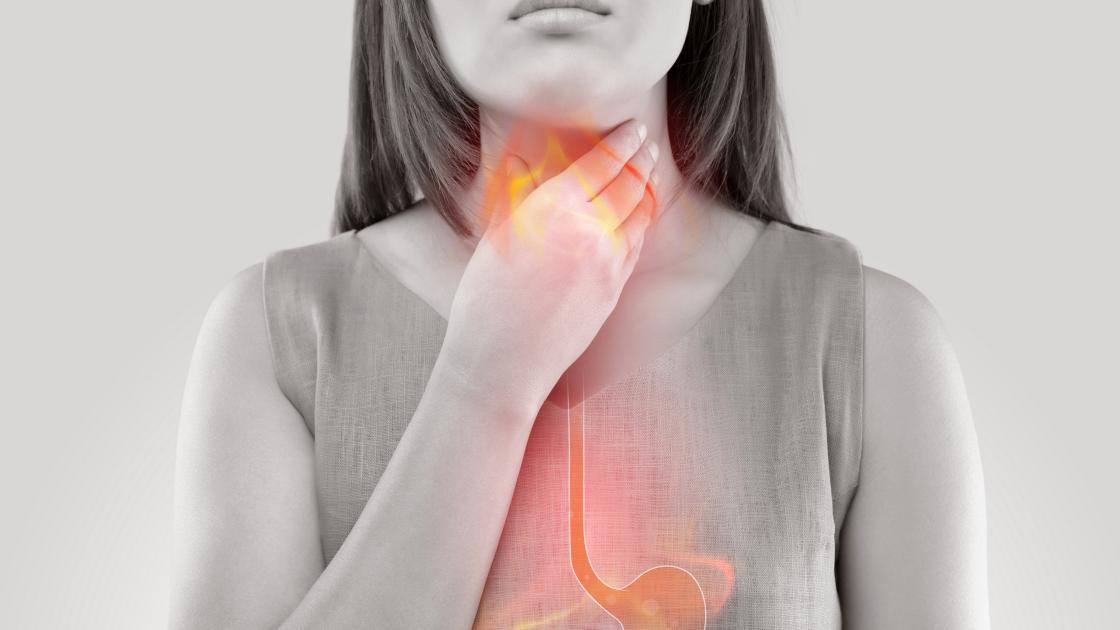
10 ways to give your heart some love this month
According to the Centers for Disease Control and Prevention, heart disease kills more Americans than any other medical condition. In 2016, more people died from heart disease than from accidents, stroke, Alzheimer's disease, diabetes, influenza and pneumonia combined.
But despite how common it is, heart disease is largely preventable. A majority of risk factors for this chronic condition are related to lifestyle choices—things that are directly within an individual's control.
Last month, SIU Medicine celebrated American Heart Month by raising awareness about heart disease and educating patients about how to protect themselves and their loved ones. And good news—it's simpler than you may think.
Check out these 10 simple steps that can protect your heart at any age:
Get enough quality sleep
The consequences of a poor night's sleep go beyond fatigue and grumpiness. Insufficient sleep can damage your heart, too.
Sleep is an important restorative period during which your body (and heart) relaxes and rejuvenates. Over time, low quality and/or quantity sleep can cause your blood pressure and heart rate to rise, both of which are major risk factors for heart disease.
Research has even shown that teenagers lacking sufficient sleep are at increased risk for heart problems later in life. So, establishing a healthy bedtime routine is important for everyone in your family!
Floss your teeth daily and practice good dental hygiene
Believe it or not, poor oral hygiene can increase your risk for heart disease. This is because bacteria can easily pass into the blood through infected teeth and gums. Once inside your bloodstream, these bacteria can infect your heart.
Take good care of your teeth and gums by flossing and brushing daily and visiting the dentist regularly.
Get moving, daily
Your heart is a muscular organ, and like all muscles, it needs exercise to stay strong. Research shows that regular physical activity, especially aerobic exercise, helps improve heart health. Even a brisk 10-minute walk or standing more is beneficial if it's done consistently.
Manage your blood pressure & blood cholesterol
When your blood pressure is high, your heart has to work harder to pump blood around the body, which can strain the organ over time. Additionally, poor blood cholesterol levels can harm your heart by promoting a build up of plaque in your arteries (atherosclerosis).
Eat a healthy diet and maintain a healthy weight
Eating a healthy diet provides your body with the healthy fats, vitamins, fiber, minerals, antioxidants and other nutrients it needs to keep your heart and arteries strong and healthy. A healthy diet combined with regular exercise also makes it easier for you to maintain a healthy weight. This is important, because being overweight or obese increases your risk for heart disease.
Avoid eating saturated and trans fats
Part of maintaining a healthy diet is avoiding things that aren't good for your body. This includes trans fats and high amounts of saturated fats, which can raise the levels of "lousy" LDL cholesterol and lower the levels of "healthy" HDL cholesterol.
Manage your diabetes
Like obesity, diabetes increases your risk for heart disease. If you've been diagnosed with diabetes, work with your doctor to control your blood sugar levels.
Avoid secondhand smoke and don't use tobacco
It is estimated that up to 30% of all deaths due to heart disease are ultimately caused by cigarette smoking. Tobacco use and even secondhand smoke can cause inflammation in the body and damage cardiac tissue. Tobacco smoke also contains carbon monoxide, which reduces the amount of oxygen your blood can carry. This means organs and tissues, including your heart, won't get enough oxygen.
When it comes to smoking, it's never too late to quit—and it's never the right time to start.
Reduce stress
Stress raises your blood pressure, elevates your heart rate and causes inflammation—all of which can damage your heart over time. Plus, high levels of stress can disrupt sleep and trigger cravings for alcohol, tobacco and unhealthy foods.
Manage your mental health
Research suggests a connection between heart disease and mental health conditions like anxiety and depression. Seeking professional help for your mental health can help you feel and function better while protecting your heart, too.
Expert level care, backed by innovative clinical research, provided with genuine compassion and a patient-centered approach: it’s our pledge to you and your family. If you have concerns about your heart health or would like to learn more about our cardiovascular services, contact SIU Medicine today at 217-545-8000.




